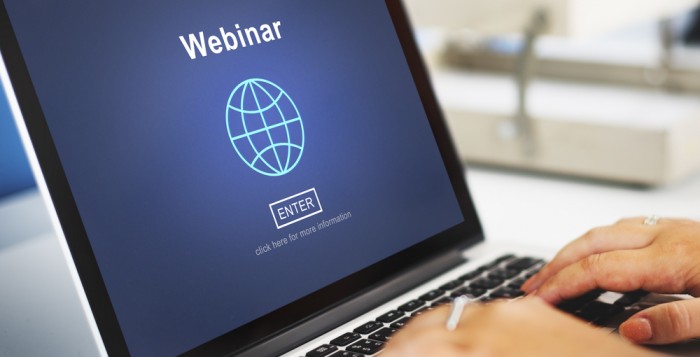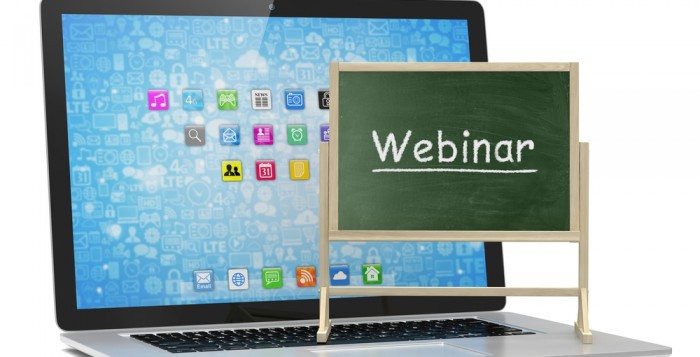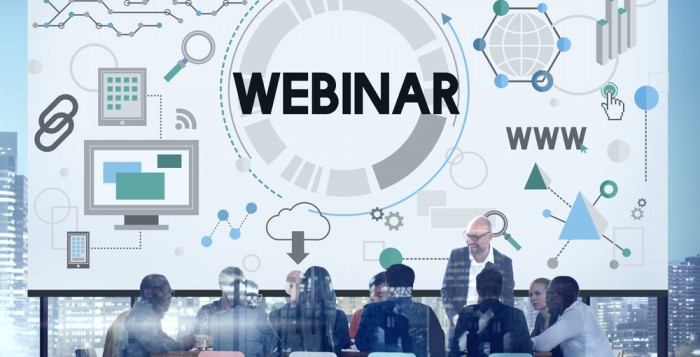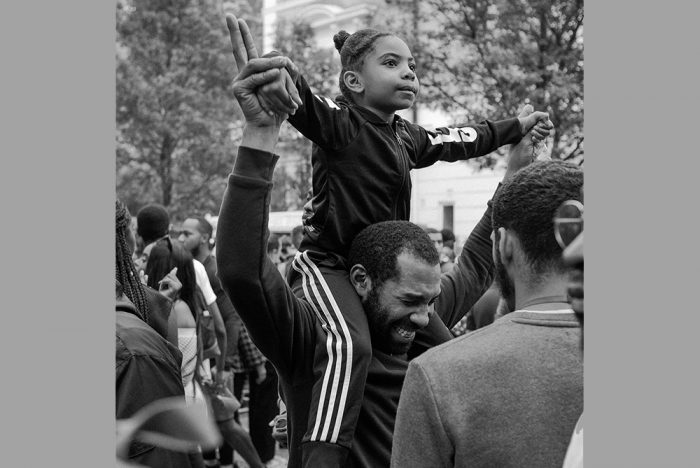Tuesday, August 6, 2024
1:00 pm – 2:00 pm EDT; 12:00 pm – 1:00 pm CDT;
11:00 am – 12:00 pm MDT; 10:00 am – 11:00 am PDT
Register Here
Jennifer Bernstein, PT, DPT
Speaker Bio:
Jennifer Bernstein, PT, DPT, is a Board-Certified Specialist in Oncologic Physical Therapy. Dr. Bernstein has been a practicing physical therapist for over 10 years, all of which have been spent at Cincinnati Children’s Hospital in Cincinnati, Ohio. Her areas of specialty practice within physical therapy include Oncology, Hematology, and Bone Marrow Transplant for pediatric, adolescent, and young adult patients. Jennifer received her Board Certification in Oncology in 2020 and has been involved in extensive program development and leadership roles representing the hospital’s occupational and physical therapists. She serves as the Specialization Chair for the Oncology section of the APTA, which allows her to actively engage with other passionate members of the organization. She serves as a mentor in the APTA Oncology Mentorship Program and has greatly enjoyed sharing her knowledge about the world of oncology physical therapy. Most recently, Whole-Body Vibration in Oncology Rehabilitation: Perceived Benefits, Barriers and Clinical Willingness was published in the Rehabilitation Oncology Journal, serving as Jen’s second publication. She has enjoyed being featured on “The OncoPT Podcast” and serving as a guest contributor for a Medbridge Course About Adolescent and Young Adult Oncology.
Objectives: At the end of this session, the learner will:
- Demonstrate knowledge of the evidence on exercise and patients with cancer;
- Identify precautions, indications, and contraindications to be considered when working with individuals under treatment for cancer;
- Acknowledge the diversity, complexity, and variability involved in a cancer diagnosis at various life stages; and
- Establish an understanding of the role of rehab professionals throughout the continuum of care for patients undergoing treatment for cancer in various practice settings.
Audience: This webinar is intended for all interested members of the rehabilitation team.
Level: Beginner – Intermediate
Certificate of Attendance: Certificates of attendance are available for all attendees. No CEs are provided for this course.
Complimentary webinars are a benefit of membership in IPRC/RCPA. Registration fee for non-members is $179. Not a member yet? Consider joining today.















